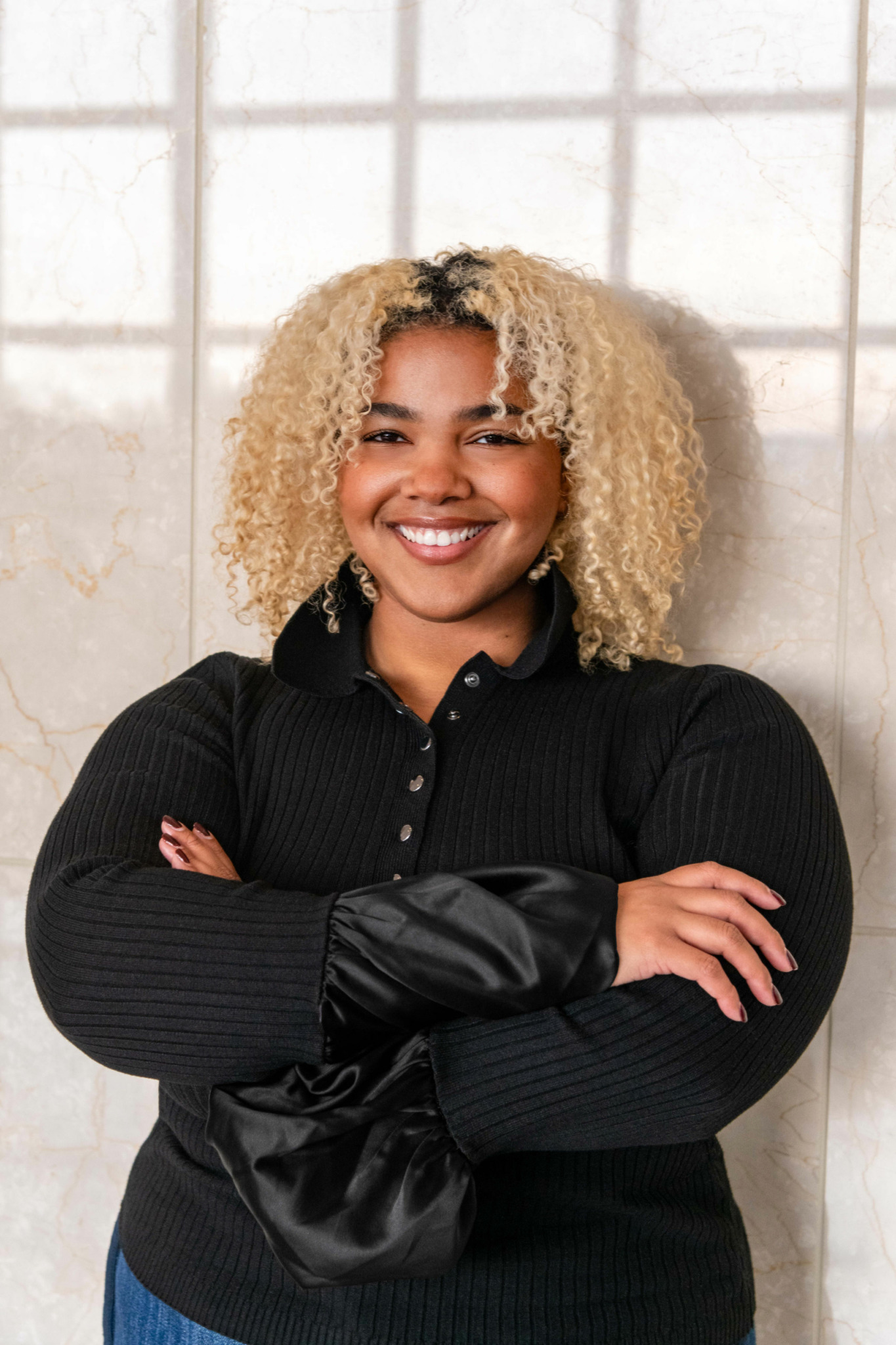We recently connected with Addie Parker and have shared our conversation below.
Alright, Addie thanks for taking the time to share your stories and insights with us today. Is there a lesson you learned in school that’s stuck with you and has meaningfully impacted your journey?
I’ve been really fortunate to have such incredible teachers and educators my entire life, not just in school but in extracurriculars, too—so choosing one important lesson is really, really difficult. But there’s one lesson that came to mind rather quickly, and I look back on as being a lesson that altered my way of thinking.
During my second semester of my junior year of college, I was taking a class called Sexual History of the United States. It was a women and gender studies course for my minor and just one of those classes that as soon as I enrolled, I knew it would be impactful in some way. The course material was highly sensitive and but my professor navigated us through it and we engaged in really thoughtful discussions in each and every session.
March rolled around and we broke for spring break…but never returned to campus. COVID had hit and the rest of our classes were held via Zoom. Our first class over Zoom, my prof said something so profound.
First, she reminded us to take care of ourselves and comforted those who were graduating. But then she went on to express how important taking pen to paper and writing things down are during times of uncertainty. We worked with so many first-hand accounts and accords in that class and primary source documents—from journals to court documents—so many things we people’s first hand experiences to things happening in history. We would read journals and diaries from sexual assault victims in the deep south during the Civil War, and women who were frontline suffragist advocating for women’s rights in the 19th and 20th centuries.
She explained that the blanks and holes in our history are almost always filled in by us, the people, and that changed the way I viewed writing. Now that I’m a writer and editor—that was my genesis moment of sorts.
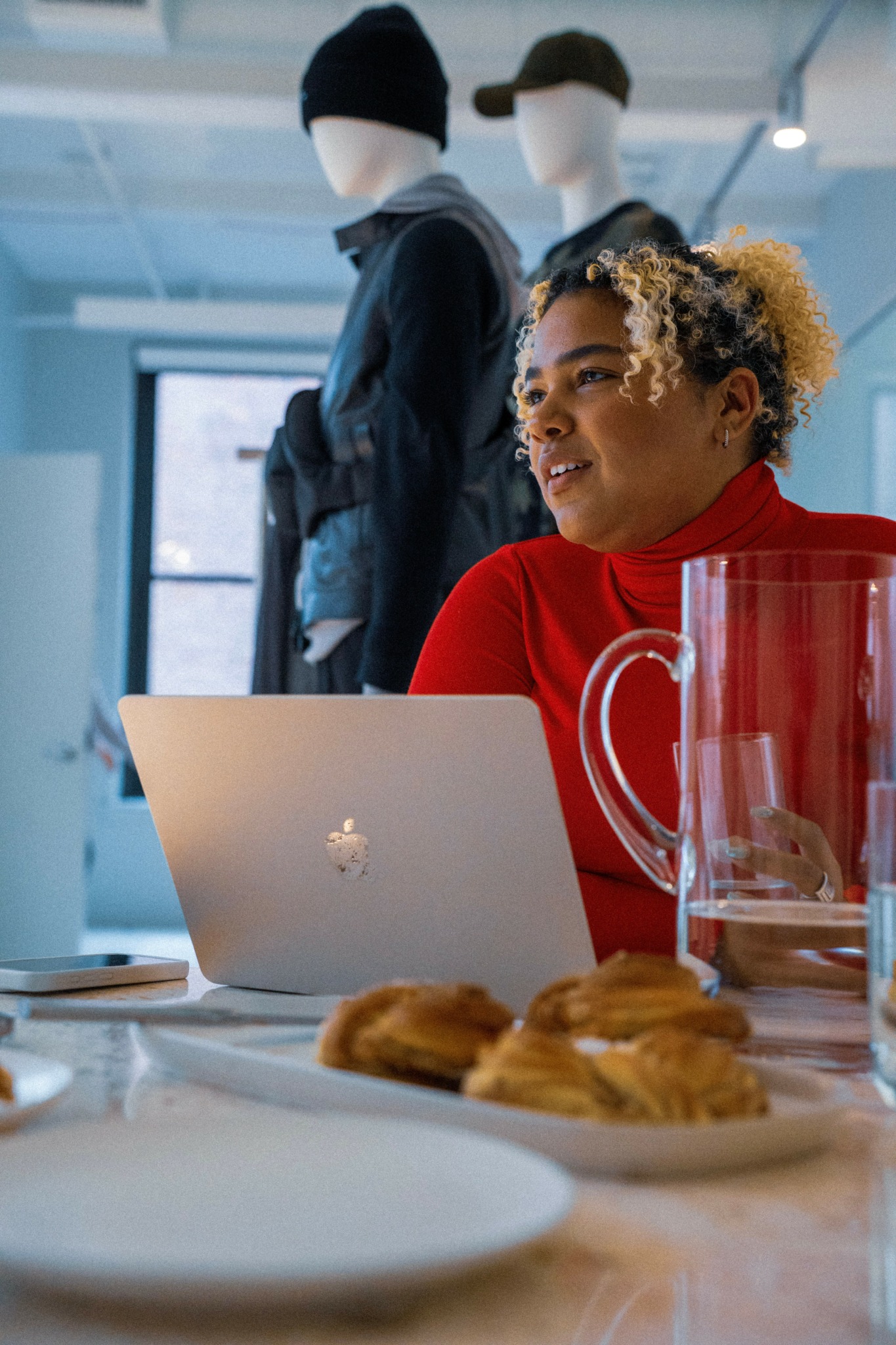
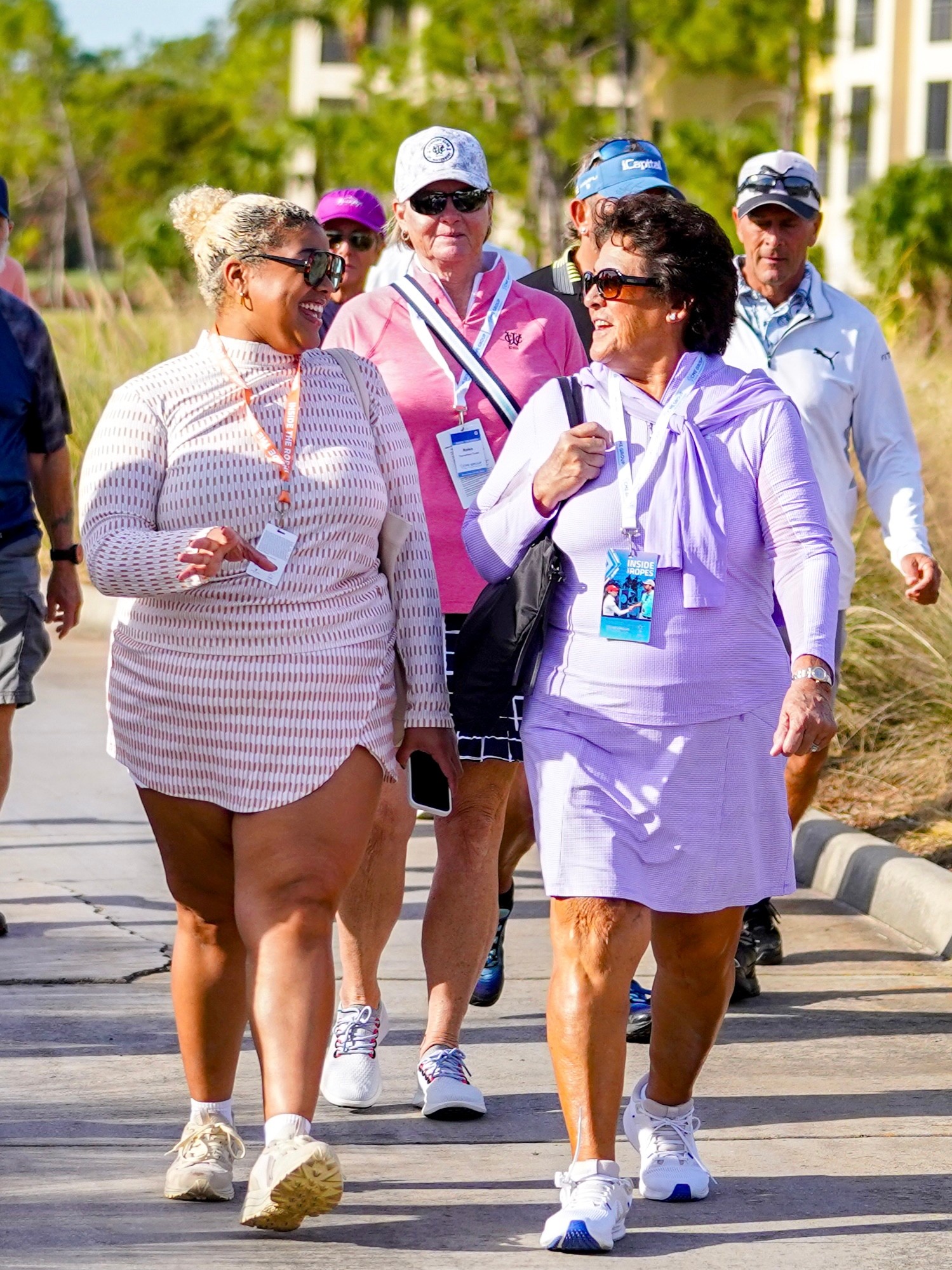
Awesome – so before we get into the rest of our questions, can you briefly introduce yourself to our readers.
For starters—I am an editor and creator for a digital media platform called Skratch. We focus and publish content about the intersection of golf and culture.
I grew up playing golf in Richmond, Virginia. Like was a toddler out on the course with my dad and then when I was about 7 or 8 I started playing in tournaments. Golf was my thing, and always kind of has been—it’s been my rock in so many ways, and in some strange way I always knew that it would be the thing I do. At times I thought about playing it professionally, but my drive and desire for golf never manifested in exerting effort in competition prep. I’ve always loved the game and felt passionate about getting other people to feel that same passion and to see and experience golf the way I have.
Now that I’m writing and making content to share golf from my POV for people to interact with it’s kind of a dream come true.
My verticals at Skratch cover women’s golf—from the pros on the LPGA to women’s golf style, as well as golf culture (what’s trending), and some travel and lifestyle things. Golf isn’t just a sport, it’s an experience and my job is to immerse you in that however you want to meet golf. If you watch it, then allow me to introduce you to cool brands. If you like style, I’ll introduce you to the communities who like to vibe together. There’s something for everyone.
I feel like a golf concierge sometimes, LOL. I’ve been around it my whole life and it’s cool to see golf blossom.
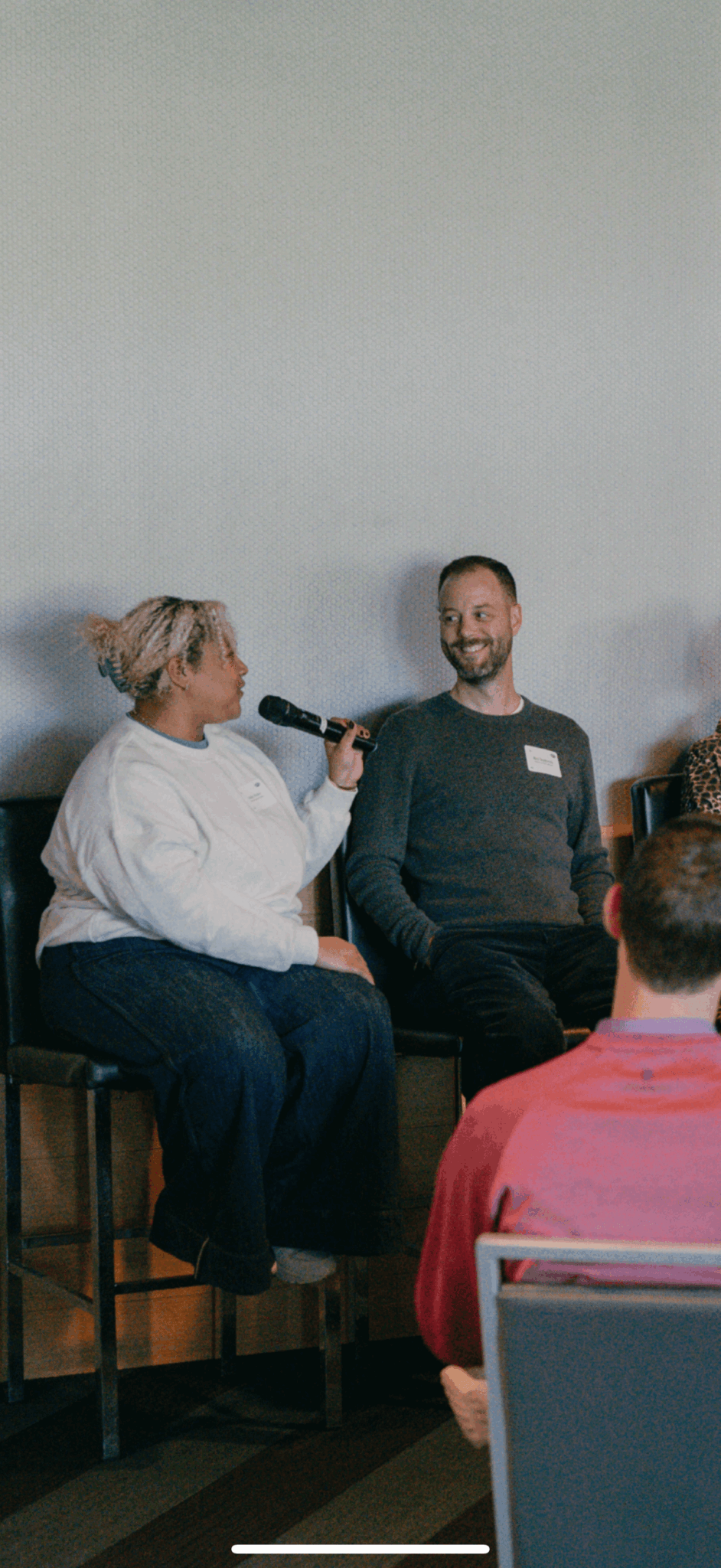
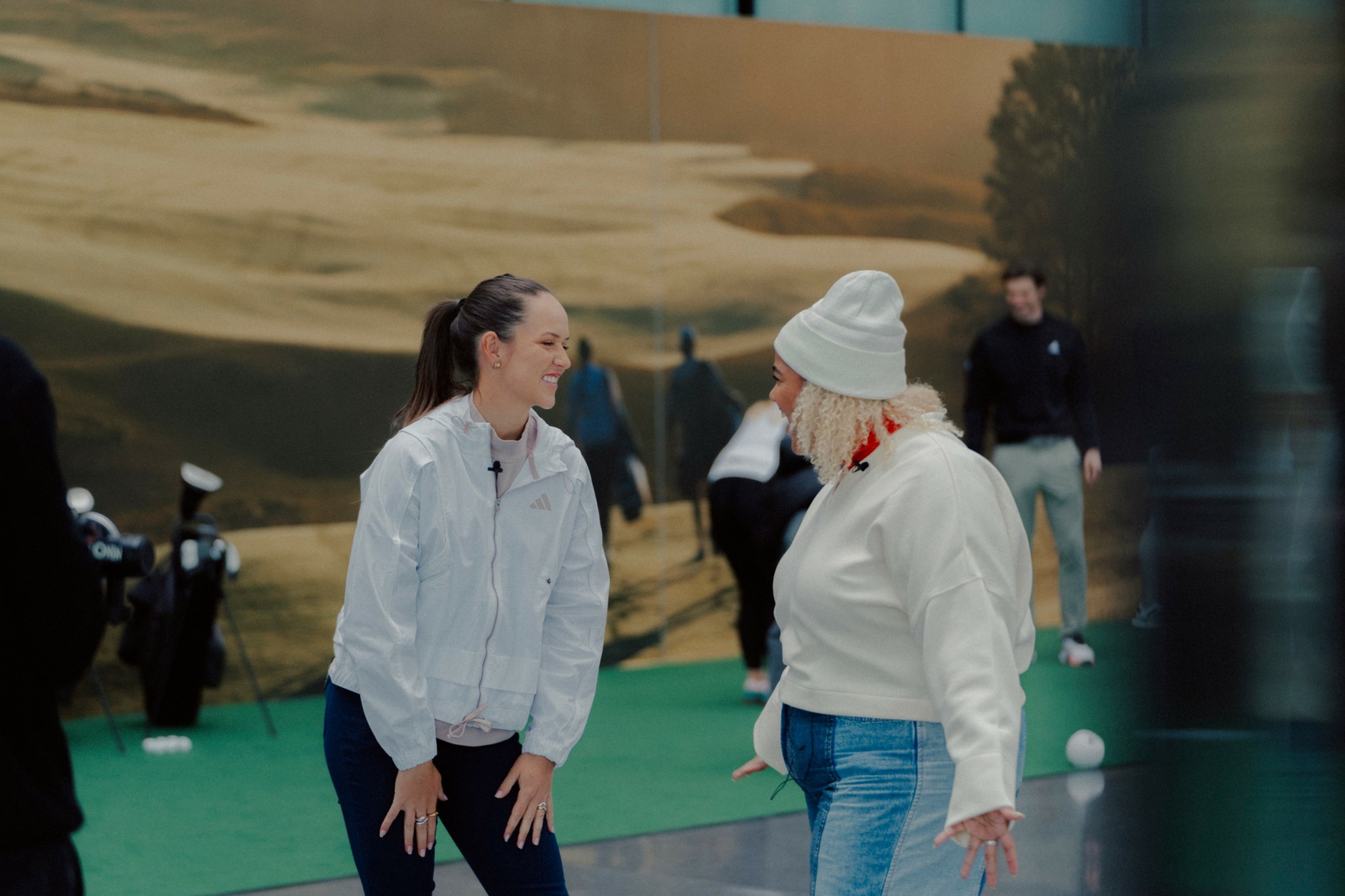
Have you ever had to pivot?
I have two “pivoting” moments.
The first was when I was 16, and I made the decision to quit playing competitive golf. For context, this was the only sport I had been playing for nearly a decade and at the time, the thing I poured the most amount of energy into and my parents were financing and pouring in resources. So, for the to walk away was a big deal. I had a whole plan about my college career and golf was a huge chunk of that. The pipeline from junior to college golf was very real for me, but I got my first taste of burnout and I was just over it. I didn’t have the drive or motivation to commit to working on my game. So senior year of high school, I walked away from playing. Right before college, which kinda felt like perfect timing. College was going to be my time to figure out who I was, the things I was interested in outside of golf, and so on. I really had to dig deep to find other interests outside of golf (I’m a lover of art—mainly French Impressionism and Fauvism—Formula 1, cooking, traveling, and puzzles).
And then just like that 4 years of college flew by, and I was so deep into my psychology major. I was preparing to go off into a career in Industrial and Organizational Psychology, when another pivot needed to happen. I got rejected from grad school—6 weeks before graduation, my future was suddenly on pause. There was no back up plan, I had placed all my eggs in a singular basket (i.e. I had applied to only one school…not my best idea) and I didn’t know what else to do. I had such a linear thought process on how my life after college should look like/would be but life has a way of humbling you.
My first pivot wasn’t as harsh, I could’ve powered through playing competitive golf and done the work and things would have gone according to the plan I had laid out, but my second pivot—rejection—was a much harder pill to swallow. It wasn’t voluntary, but it was the thing I needed to push me out of my comfort zone.
You aren’t just one thing in life, and rarely will any of us do just one thing—we’re meant to reinvent ourselves as many times as necessary and that rejection led me to where I am today. Life after college was scary and daunting, but it brought me back to golf—which I’ve now turned into a career that I love and feel the most myself I’ve ever felt in my life.
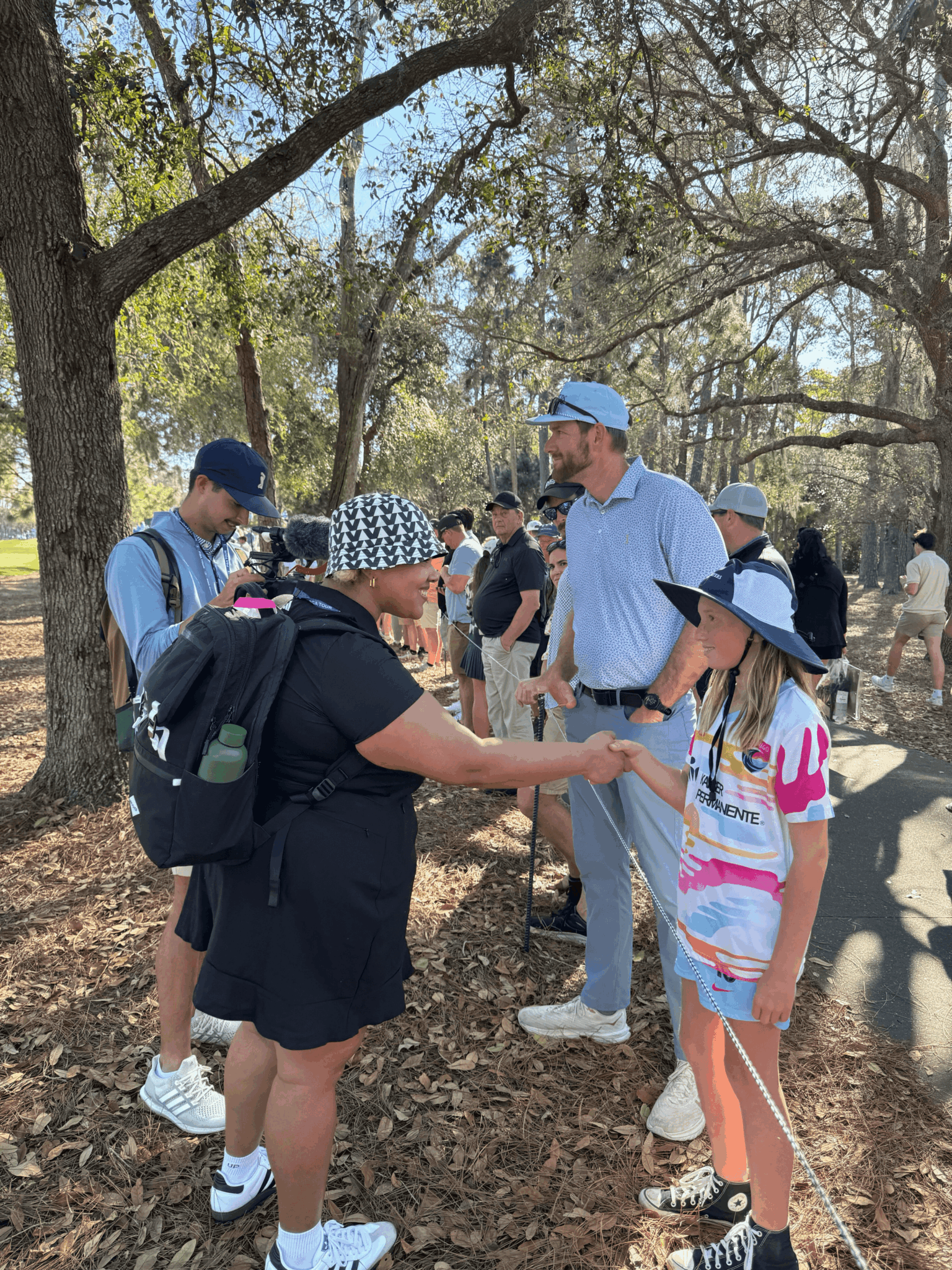

What’s the most rewarding aspect of being a creative in your experience?
Going from STEM major to being in a full time creative field like media is kind of jarring, and I struggle with calling myself a creative at times, but I do love it because the work isn’t instant. Nothing is guaranteed in the creative space, it’s all earned, but you can’t chase the money or the things that are “trending” because that’s not fulfilling.
Being a creative forces you to tap into your emotions and your thought processes more than any other industry or job and that’s the rewarding bit. I get to curate content that is meaningful to me, and I don’t have to force it—the right people will interact and engage with it and that’s the beauty of being brave and putting your work out there.
Being a creative has forced me to take that extra step and think bigger, it’s made me more confident in a lot of ways.
Contact Info:
- Website: https://www.skratch.golf/author/addie-parker
- Instagram: https://www.instagram.com/addie_parker/
- Twitter: https://x.com/AddieParker__
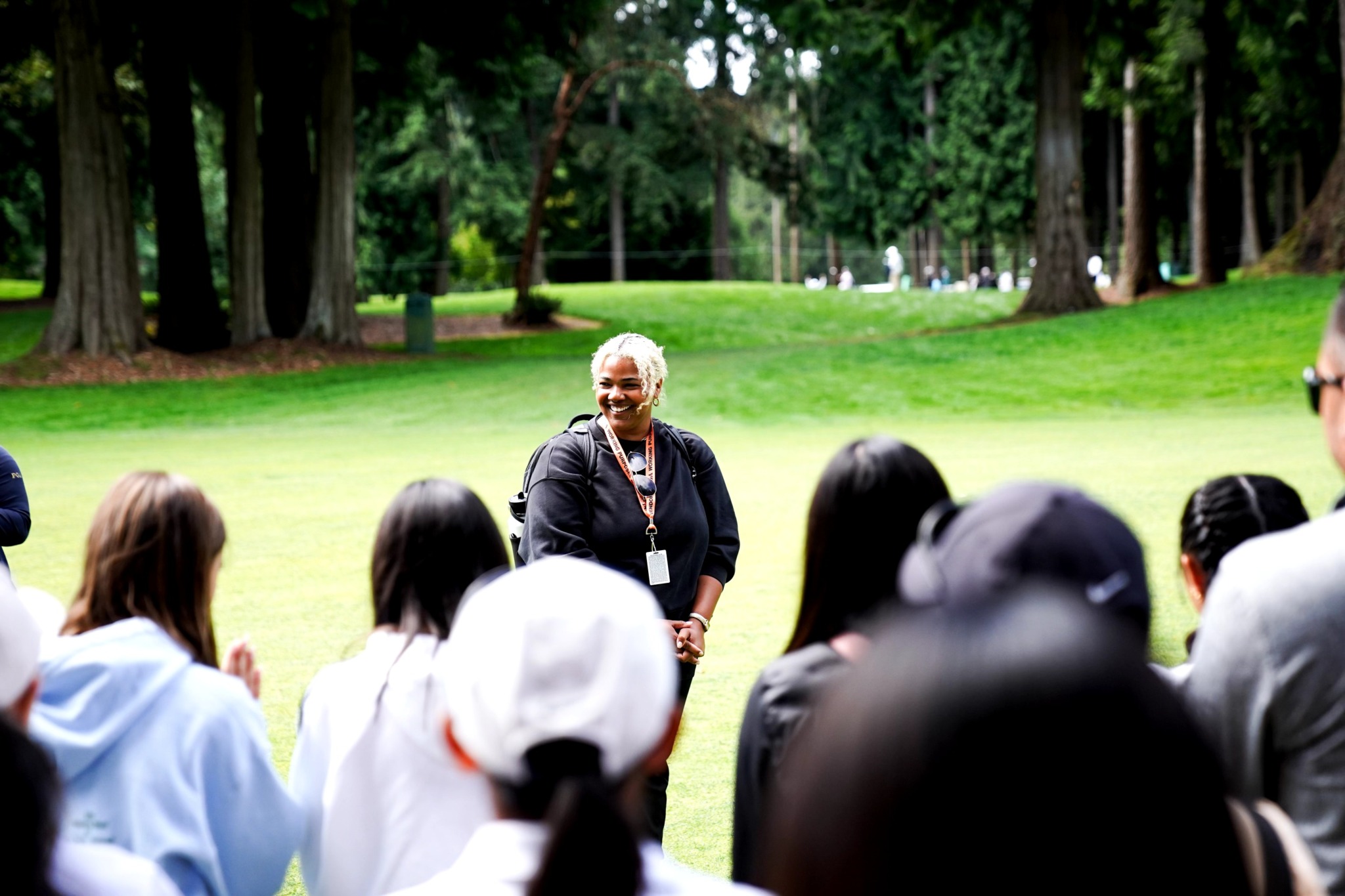
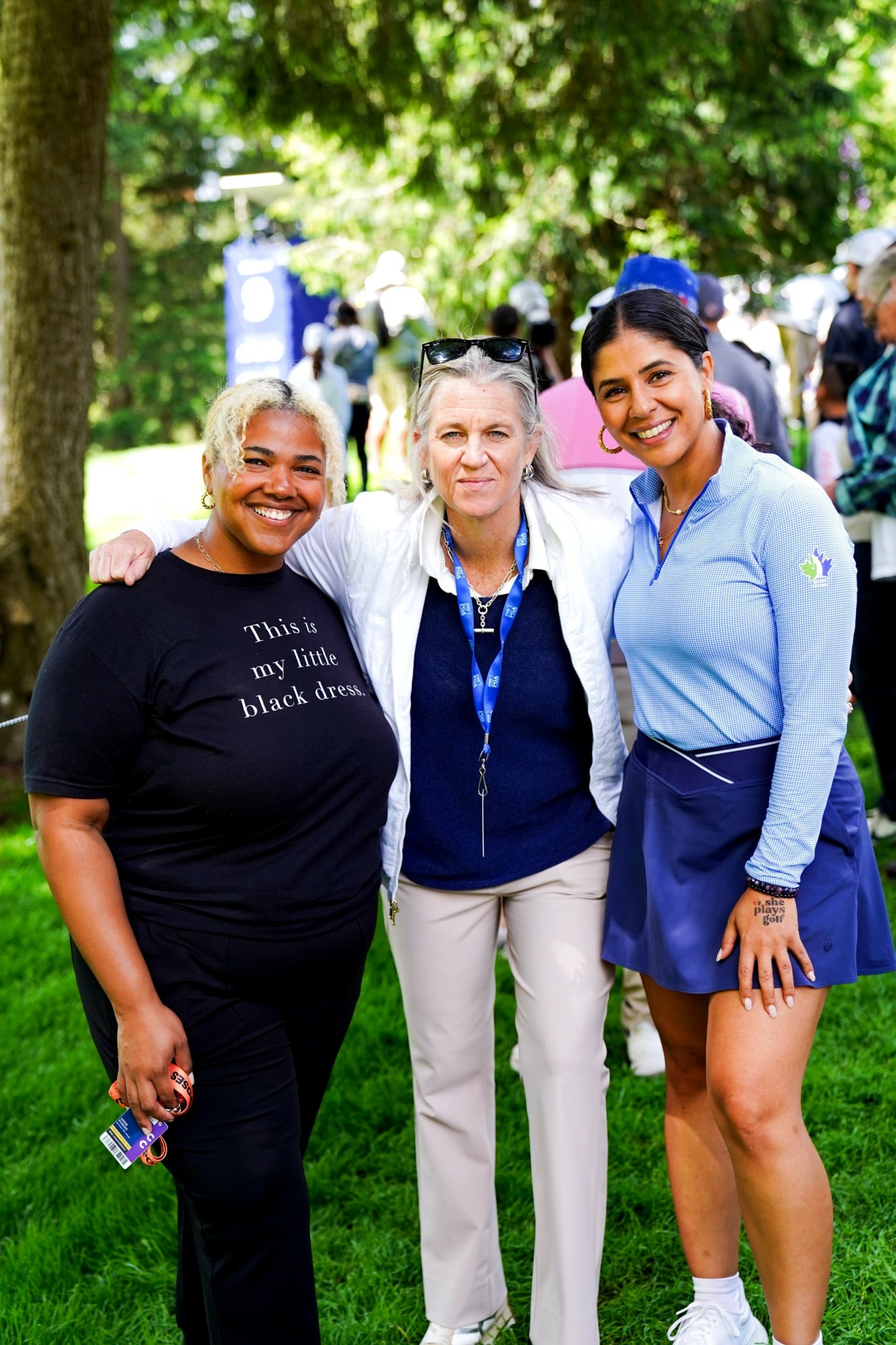
Image Credits
Emma Rose Milligan
Connor Laubenstein
Sam Stamey
Axel Learn
Hayden Lewis


